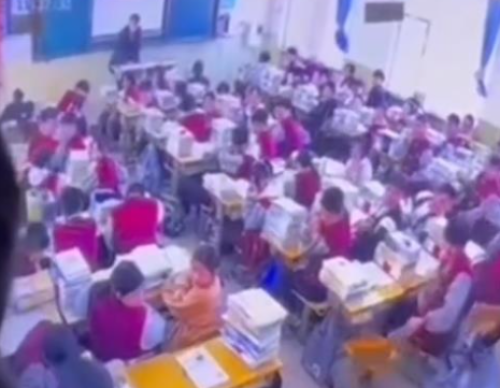Resolving Labor Arbitration in China
Introduction
In China, labor arbitration is a legal mechanism for resolving disputes between employees and employers. When disputes arise during or after the termination of an employment relationship, employees may initiate an arbitration proceeding to seek remedies. This article will provide a comprehensive overview of the labor arbitration process in China, outlining the legal framework, procedures, and strategies for resolving labor disputes effectively.
.jpg)
Legal Framework
The legal framework for labor arbitration in China is established by the Labor Dispute Mediation and Arbitration Law (LDMAL). This law provides the legal basis for the establishment of labor arbitration committees, the scope of arbitrable disputes, and the procedures for arbitration.
Scope of Arbitrable Disputes
According to the LDMAL, arbitrable labor disputes include:
Disputes over the formation, amendment, termination, or performance of employment contracts Disputes over wages, benefits, and working conditions Disputes related to social insurance and housing funds Disputes related to occupational accidents and injuries
Labor Arbitration Committees
Labor arbitration committees are independent bodies responsible for resolving labor disputes in China. They are established at various levels, including local, municipal, and provincial levels. Arbitration committees are composed of representatives from employers, employees, and government agencies.
Initiation of Arbitration
Employees seeking to initiate labor arbitration must file an application with the relevant labor arbitration committee within 60 days of the event giving rise to the dispute. The application should include the following information:
Name and contact details of the claimant and respondent Description of the dispute and the legal basis for the claim Requested remedies Supporting evidence
Arbitration Procedure
Once the application is filed, the labor arbitration committee will initiate the arbitration process by:
Notifying the respondent of the claim Investigating the dispute Scheduling a hearing
The hearing provides both parties with an opportunity to present their evidence and arguments. The arbitration committee may also subpoena witnesses and request additional evidence as necessary.
Decision and Appeal
After considering all the evidence and arguments, the arbitration committee will issue a decision within 90 days of the initiation of arbitration. The decision is binding on both parties and can be enforced through legal proceedings if necessary.
If either party is dissatisfied with the decision, they may appeal to a higher-level labor arbitration committee or the people's court within 15 days of receiving the decision.
Strategies for Resolving Labor Disputes
To maximize the chances of a successful resolution, employees and employers should consider the following strategies:
Early engagement: Initiate arbitration as soon as possible after a dispute arises to preserve legal rights. Gather evidence: Collect all relevant documentation, witness statements, and other evidence to support the claim. Negotiate: Seek a mutually acceptable solution through negotiation before proceeding with arbitration. Choose an experienced representative: Engage a lawyer or union representative to assist with the arbitration process. Present a clear and compelling case: Effectively present evidence and arguments to support the claim. Be prepared for compromise: Arbitration often involves reaching a compromise that is acceptable to both parties.
Conclusion
Labor arbitration in China provides a fair and impartial mechanism for resolving disputes between employees and employers. By understanding the legal framework, procedures, and strategies involved, both parties can navigate the arbitration process effectively and achieve satisfactory outcomes.


.jpg)